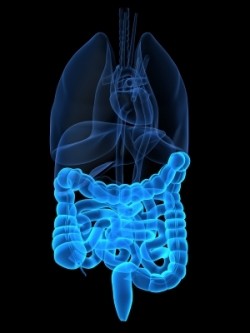Beneo gets approval for oligofructose in India

According to a press release issued by the Germany-based organization, the Indian Ministry of Health has approved oligofructose for use in sweets, dairy products, frozen dessert, ice cream, cereals, chocolates and meat applications.
The organization revealed that oligofructose has also been approved for use in the popular ‘Traditional Indian Sweets’ category, which includes sweets such as Halwa, Mysore Pak and Boondi Ladoo.
As a result of this approval and subsequent use, food manufacturers will be able to reach a wider cross-section of consumers with the fibre-type and prebiotic benefits of oligofructose, the organization said.
Derived from chicory root, oligofructose is a soluble prebiotic dietary fibre; at levels of five grams each day, it is claimed to stimulate and increase the bifidobacteria (prebiotic effect).
Due to its moderately sweet taste, oligofructose is said to be able to partly replace sugar in some products, the organization said, adding that in combination with high intensity sweeteners it provides balanced sweetness.
“Since India is one of the growing economies it was on our agenda to achieve ingredient approval so that the Indian consumer can benefit from this prebiotic dietary fibre that supports a healthy lifestyle,” said Claudia Meissner, corporate communications manager for Beneo.
On the question of what the approval means for Beneo's business performance, Meissner said that it was a bit early to forecast on performance but the organization is looking forward to develop business in this region of the world.
According to Mintel Global New Products Database 2011, product launches with added-fibre claims have been growing for one and a half years by 439 per cent worldwide. While in the first half of 2010 357 high-in-fibre products were launched, the market has seen 1,932 launches in the same category in 2011.
A recent report from the Indian Council of Medical Research also said that fibre-enriched food will steadily gain importance in India as “Western-style” diets – typically processed or refined and low in fibre – influence food in urban India.















